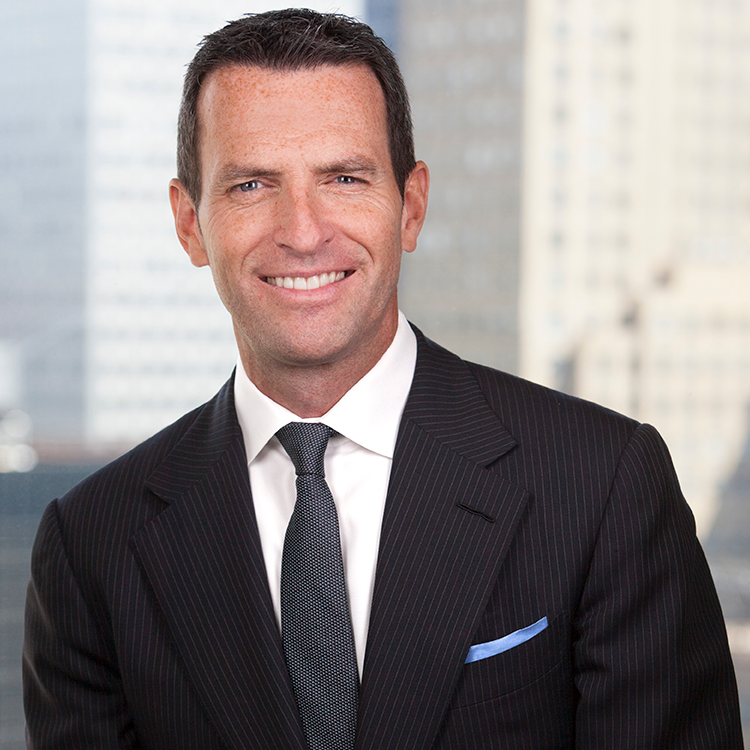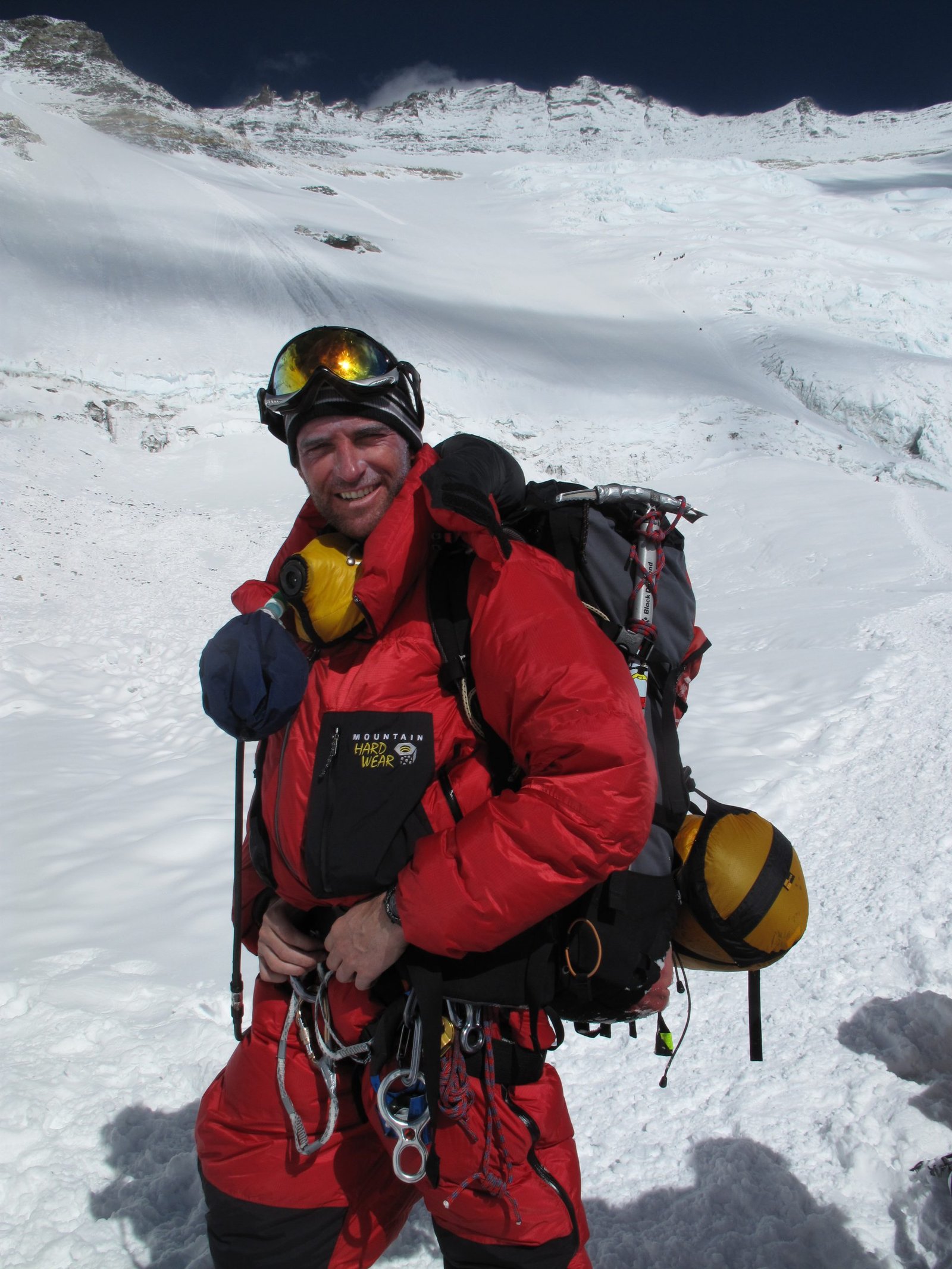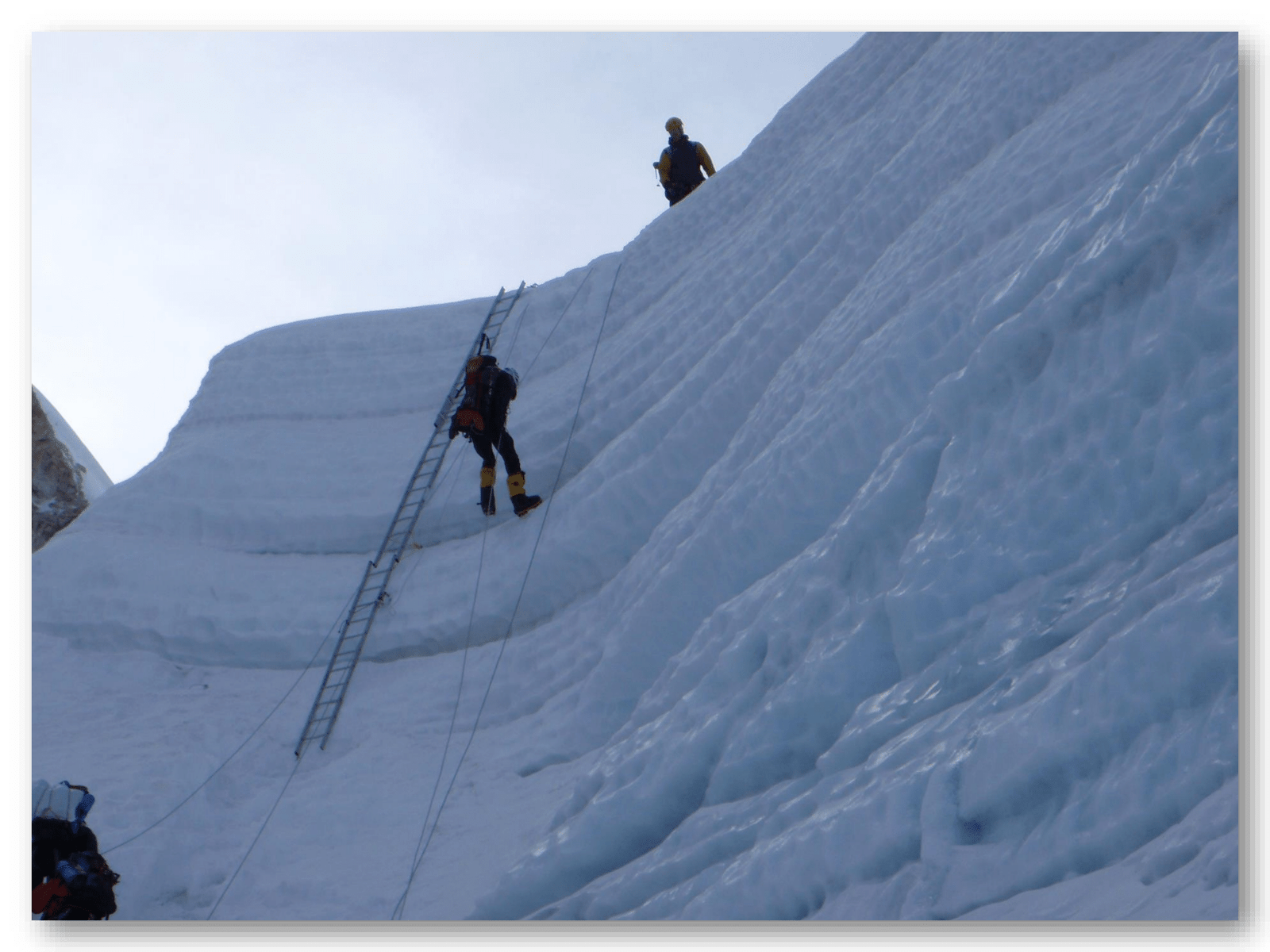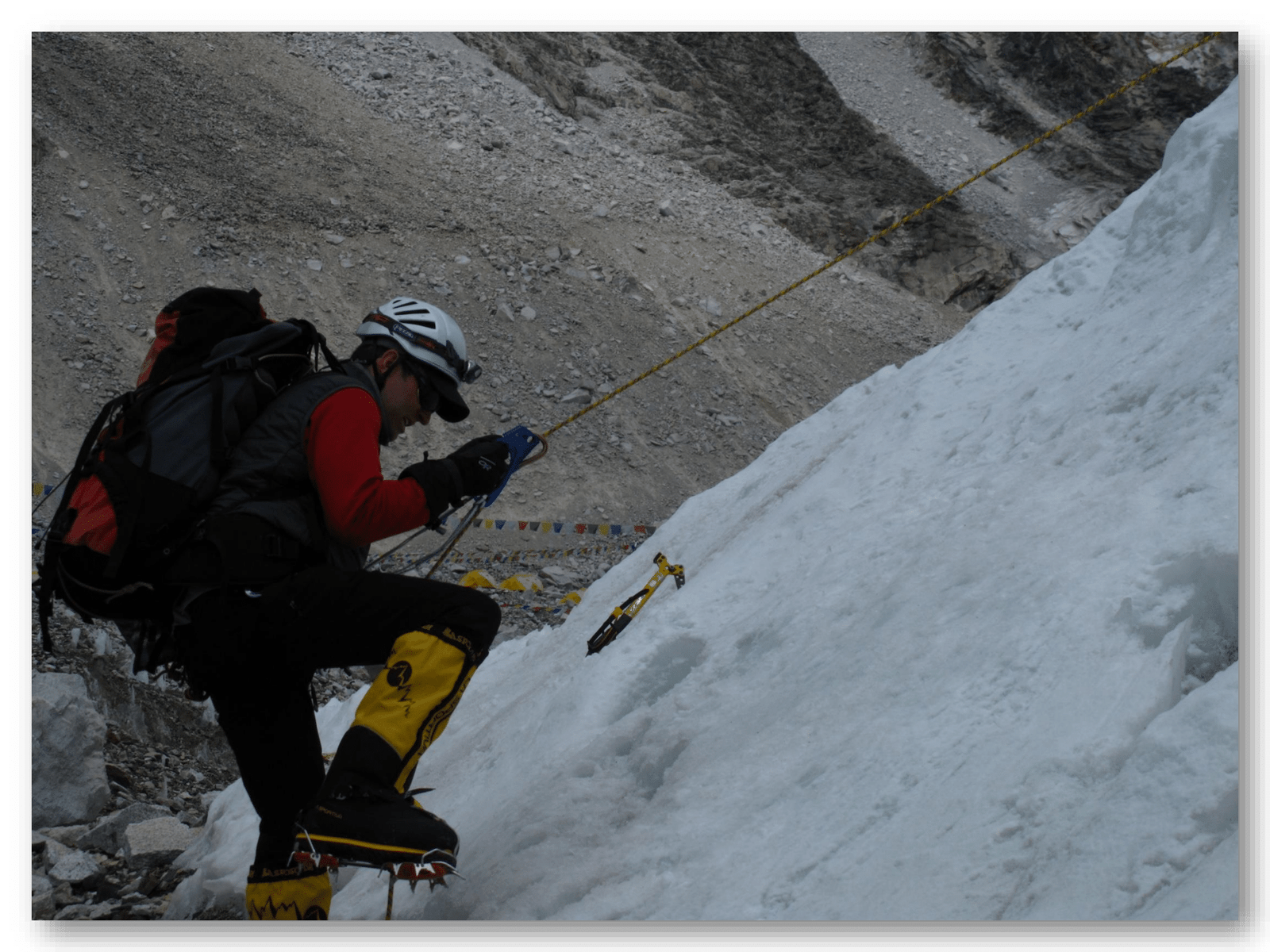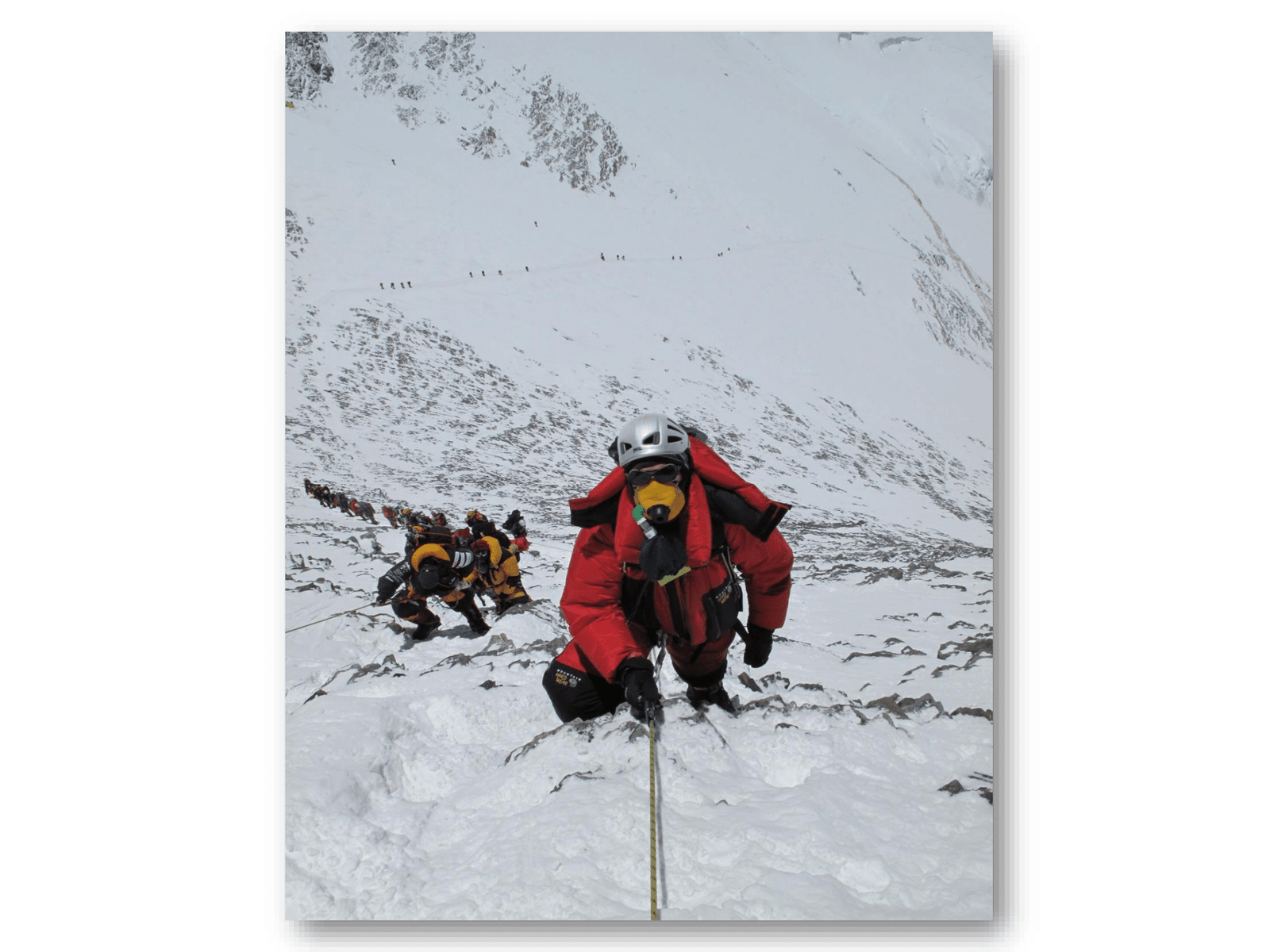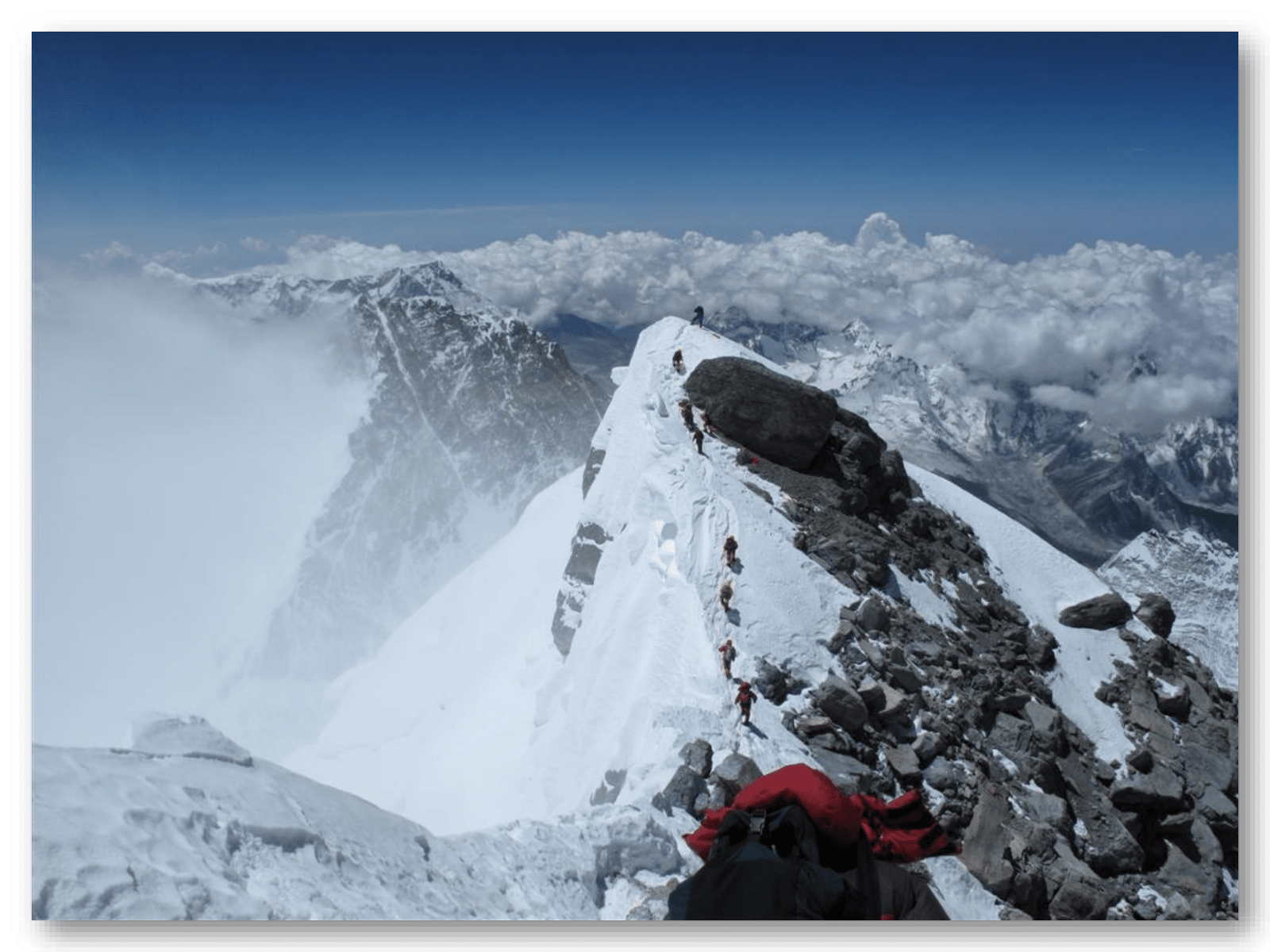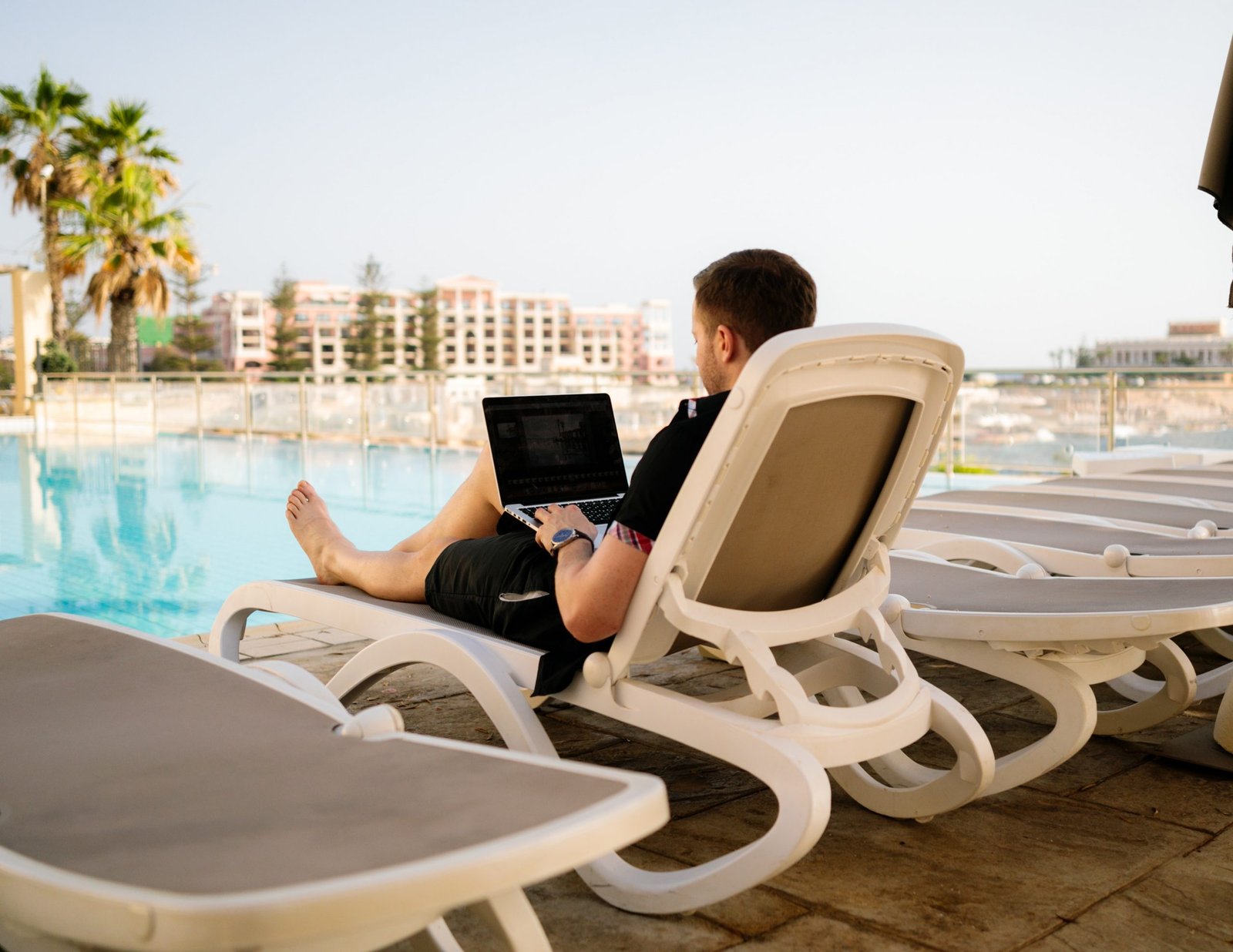Vivian James Rigney, author of Naked at the Knife-Edge: What Everest Taught Me About Leadership and the Power of Vulnerability, is President and CEO of Inside Us LLC, an executive coaching consultancy, operating throughout five continents.
He has helped implement leadership development initiatives for some of the world’s leading companies and their executive teams.
The quest for personal success can often be a lonely journey. As an executive coach, he is known for building a strong rapport with people and asking tough and incisive questions, with an uncanny ability to help them reveal and become their best version of themselves.
A graduate of École Nationale Des Ponts et Chaussées in Paris, he is a renowned speaker and expert on mindset and behavior, whose talks and presentations have inspired audiences globally. A native of Ireland, he has lived in the U.K., Germany, South Africa, France, and Finland and currently lives in New York City.
Read on about Rigney’s quest up Mount Everest, tips on mindset, mental health, and more.
Where are you from originally?
I’m originally from Dublin, Ireland, and moved overseas after college, living in the UK, Germany, South Africa, France, and Finland. I moved to New York in 2007 and became a US citizen in 2021.
What inspired you to summit the highest peaks on all seven continents?
While climbing Kilimanjaro, I heard about the Seven Summits and was immediately fascinated about such a challenge taking me to exceptionally wild, beautiful, and remote places around the planet. Coupled with this was the physical challenge and learning unique skills for each of the summits.
What did you learn from climbing Mount Everest?
I learned that Everest, as in almost all things in life, cannot be conquered. The mountain serves as a metaphor for life. To conquer is to live through an ego, which misses the very essence of what an experience represents: to let go and live with vulnerability and recognize the strength that this entails; to revert to childlike curiosity and openness; to ask for help; and embrace the unknown and the change that comes with this, yet all the while…
… to feel alive and recognize the strength that this way of being embodied—that is the true meaning of life and, ultimately, legacy.
You stated you’ve never felt more alone than when you were almost to the top of Mount Everest, despite climbing with a dedicated and talented team. Why is that?
I’d experienced extended periods of expedition time on tall mountains before, but Everest represented a new paradigm of stress, vulnerability, and reflection.
Two months of living in a tent on a moving glacier, straining my physical and mental health to its furthest limits, while facing life-threatening choices daily stripped me down on multiple levels. It challenged what I thought I knew and more profoundly, who I thought I was, bursting that bubble of reality with the sharpest of needles−cold introspection. The most important learning was vulnerability and its profound and understated power.
How did climbing Mount Everest impact your mental health?
It almost broke me physically and shattered my sense of self, resulting in me feeling like an imposter at 8,800 meters (29,000 feet). I realized that having ‘Achievement’ as my core driver was hollow and unfulfilling. The profound question I asked myself was if I fell over a knife-edge or into a crevasse and died on the mountain, would I want people to remember me by my long list of achievements or how I made them feel about themselves? The answer was clear and I knew I had much work to do in strengthening the latter.
How do you prefer receiving feedback?
Directly and transparently, without a filter.
What was one thing you did that exceeded your expectations when you began writing Naked At the Knife- Edge: What Everest Taught Me About Leadership and the Power Of Vulnerability?
I realized why I had resisted the temptation to write the book as soon as I returned from Everest. I was simply not ready to capture and reflect on my journey inside. The trauma had to sink in, marinate, and turn into learning and this took time. A more open, honest, and wiser me emerged and I am deeply appreciative of that.
What does success mean to you? What are your rules for success?
Become aware of your stress level. We have a finite amount of energy and hemorrhaging it to stress is wasteful and counterproductive. E.g. chronic worry is recognized as one of the most destructive human behaviors.
Identifying coping mechanisms to allow stress to be relieved determines how resilient we can be.
Set up a clear and common purpose: it’s essential to know what is important as well as get us to be personally invested in this. In attempting to summit a peak like Mount Everest, for example, emotions often tell us to go forward at all costs, yet one’s overarching purpose is, in fact, to return home—alive.
Challenge your inner voice. Under stress, one negative thought can create a negative recurring loop, serving no purpose other than increasing our stress levels and pulling us into a spiraling negative emotional state. We worry far too much about others and how they will judge us and the perceived costs of failure and its impact. When we listen to – and challenge – the dialogue in our heads, we see how disconnected from reality our own inner arguments often are.
Accept yourself. Having an ego is human, yet when uncontrolled, it can imagine a reality that is deeply incongruent. Over our careers, we build up and nurture our own brand, but in times of stress – such as walking a knife-edge ridge at 8,000 meters in the “Death Zone” with a head full of negative beliefs – the ego is revealed as an imposter; it is useless, detrimental, and even life-threatening. And if the ego is burst, the question is, what’s left?
Knowing who we are and letting go of our proverbial ‘baggage’ is a way to be true to ourselves by first accepting ourselves.
Harness the power of intuition. Listening to one’s own judgment—based on thoroughly gathering all the data and understanding what each piece and its implication means is crucial. Intuition is perhaps our greatest superpower as humans. It allows us to listen to ourselves and combine our experiences and knowledge, together with data, to make a decision.
The Fox Magazine is all about inspiration, what/who inspires you the most?
Nelson Mandela – I recall watching him give his first speech after being released from prison after 27 years of incarceration. I was expecting to hear from a man full of anger about how he and the country had been impacted by the atrocity of Apartheid. Instead, I heard a man who was speaking from a deep reservoir of strength, focus, and resilience.
He had used that time, all 9,855 days, to reflect and re-direct his energy towards rebuilding South Africa into a modern multi-ethnic democracy, where the rights of each individual trumped the rights of a privileged few. It ultimately led to the re-writing of the South African constitution, and the forming of the Truth and Reconciliation Commission, a global standard for healing, recovery, and integration.
What’s something people would be surprised to learn about you?
That I haven’t climbed a mountain since returning from Everest. Nothing more to prove, although many more experiences and people to enjoy. I have visited more than 80 countries and a bunch more await…
What is your favorite or original innovation-related motto, quote, or words to live by?
Just be yourself. Everyone else is taken.

